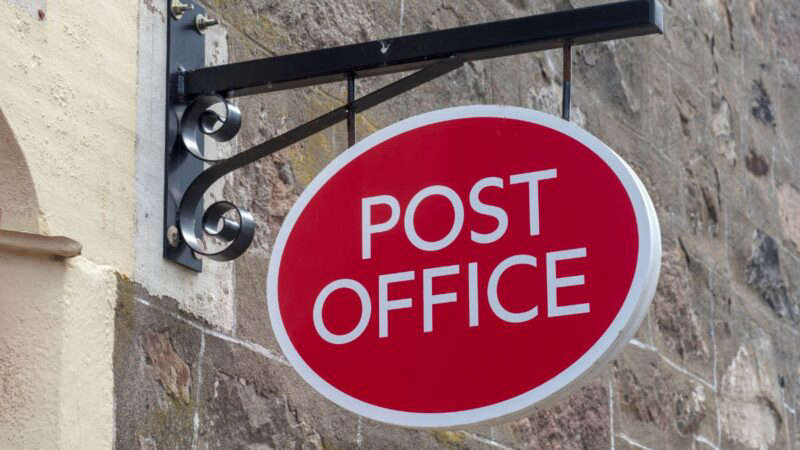
Concern has been raised that less than half of Devonians are eating their recommended five portions of fruit and vegetables a day.
Only four in every 10 people in the county are consuming the suggested amounts of fruit and vegetables deemed vital for a healthy diet, which in turn can help ward off preventable diseases.
Within Devon, the South Hams is the healthiest district, with 46 per cent of people hitting the recommended limit, while Exeter is the lowest at 39 per cent.
The county’s overall figure is below the average for England, which sits at 44 per cent.
These fresh figures come ahead of an important meeting of Devon’s health and wellbeing board, which brings together councillors and representatives from a range of public bodies, including the NHS, ambulance service and police.
Besides diet, roughly a third of the county’s residents are not deemed physically active – broadly in line with the English average.
But fewer adults are considered obese, with just over 6 in every 10 Devonians judged to suffer from excess weight compared to nearly three-quarters (73.5 per cent) for England.
West Devon has the highest proportion of adults who are overweight at 67.5 per cent, with East Devon having the lowest at 57.7 per cent.
The board, which is due to meet on Thursday 10 July at Devon County Council’s headquarters, will be discussing a fresh approach for tackling health-related issues in Devon.
With roughly 1,300 deaths in the county considered to be premature and caused by preventable issues, members of the board will be focused on trying to improve the county’s health.
This follows a collaboration with the Local Government Association between November last year and March this year to identify objectives for the board.
“The overall recommendation was that the board should focus on a smaller number of clear, actionable priorities with clear roles and responsibilities for board members and their constituent organisations,” a report ahead of the meeting states.
The report noted that a new joint health and wellbeing strategy – or JHWS – would be developed.
“We will have a small number of strategic priorities: rather than focusing on a high number and broad range of sub-priorities, the board should prioritise a few key areas, which should also contribute to more focused agenda development for future board meetings,” it added
“An action-focused strategy is also important as the current strategy is broad and lacks targets or key performance indicators. A more actionable approach is required with clear monitoring and evaluation.”
The board will be electing a new chair at the meeting, prompted partly by May’s local elections, which mean it now has a host of new members.

 Hospiscare needs your help with a unique ‘double your money’ fundraising challenge
Hospiscare needs your help with a unique ‘double your money’ fundraising challenge
 County Council invites residents to help shape 2026/27 budget
County Council invites residents to help shape 2026/27 budget
 ‘Pop-up’ vaccination clinics being held in several communities this week
‘Pop-up’ vaccination clinics being held in several communities this week
 Rural areas to be hit hardest by Lloyds’ removal of cheque deposit facilities at Post Offices
Rural areas to be hit hardest by Lloyds’ removal of cheque deposit facilities at Post Offices











